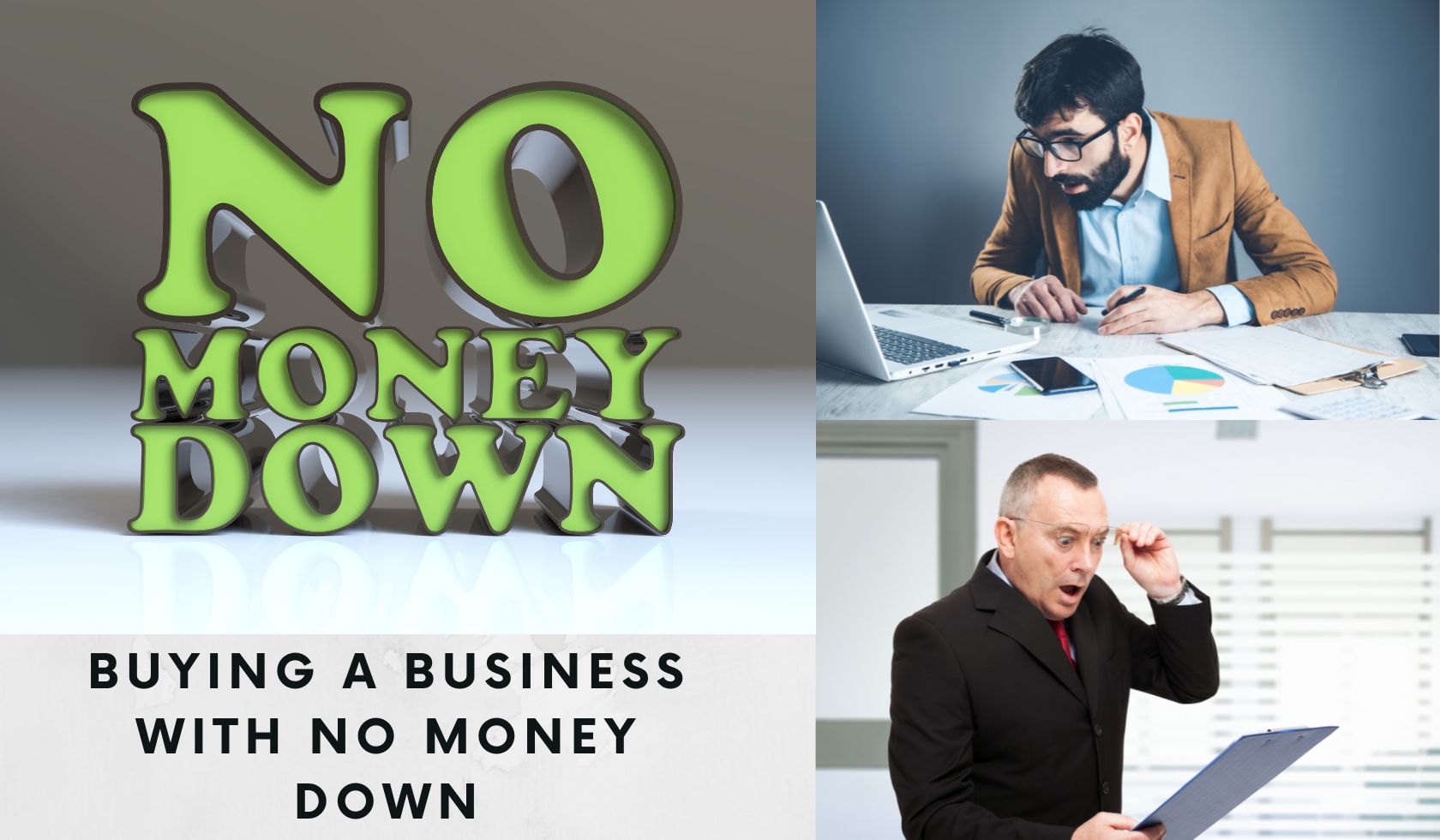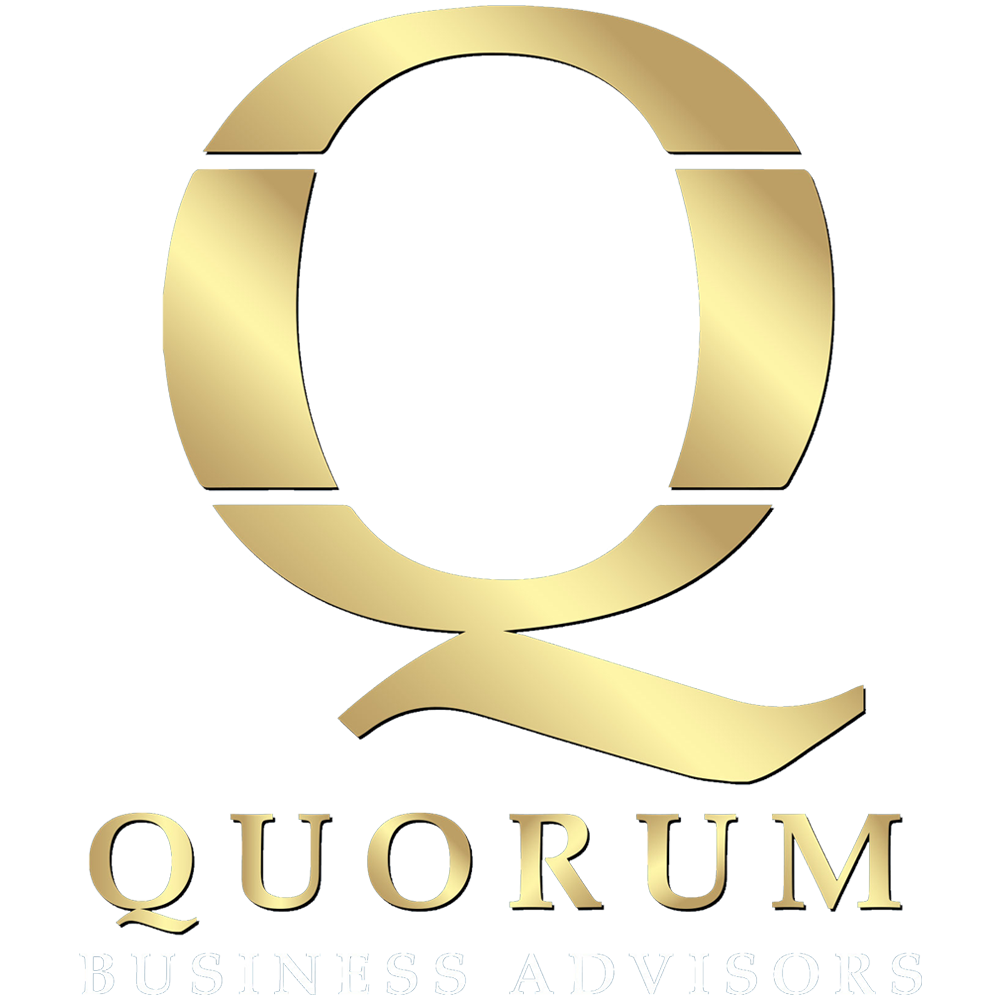
There’s a common misconception, sometimes fueled by misleading advice, that purchasing a business with 100% seller financing, or with a minimal down payment such as 10%, is a feasible option. However, this scenario is rare and, frankly, can be perceived as a lack of respect towards business owners.
To understand why such arrangements are uncommon, it’s crucial to look at the realities of business transactions. A review of sold business in Florida this year reveals an average seller-held note of just 17% of the purchase price. In fact, well over half of these transactions involved no seller financing at all. This data underscores a fundamental truth: most sellers prefer to fully transition out of their business rather than maintain financial ties.
Beyond the statistical improbability, requesting 100% seller financing can be seen as dismissive of the owner’s investment in their business. Owners often invest a significant part of their lives – their blood, sweat, and tears – into building their enterprises. Proposing a deal with minimal or no upfront cash can come off as undervaluing their efforts and accomplishments.
Moreover, there’s a practical consideration: if a buyer hasn’t managed to accumulate a down payment, it raises questions about their financial management skills. Successfully running a business requires robust financial acumen, and an inability to save for a down payment might indicate potential challenges in managing the business’s finances effectively.
However, it’s not all gloom for those looking to buy a business with limited capital. There are viable financing options available that don’t rely solely on seller financing:
SBA Financing: Not every business qualifies, but for those that do, buyers might be able to secure the business with as little as 10% down and sometimes even less.
Rollovers as Business Startups (ROBS): This strategy allows buyers to use their IRA or 401K retirement accounts to invest in their new venture.
Alternative Financing Sources: These can include home equity lines of credit (HELOC), personal (signature) loans, or even financial support from family members, often humorously referred to as a ‘rich uncle’.
When considering these options, it’s important for buyers to conduct thorough due diligence and consult with financial advisors to understand the risks and benefits fully. Buying a business is a significant decision, and it’s crucial to approach it with a solid financial foundation and a deep respect for the process and the existing business owner’s achievements.
For more information on buyer a business visit our video library
